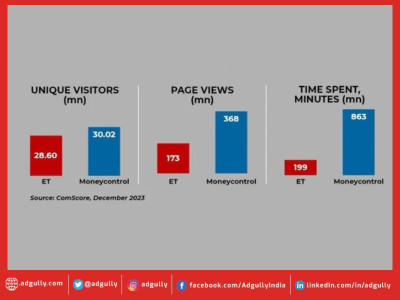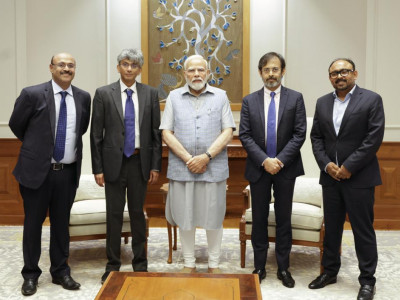Probably the toughest Budget of FM Jaitley’s career so far: Santosh Nair
Santosh Nair, Editor, Moneycontrol, highlights the key issues that the Finance Minister Arun Jaitley has to keep in mind as he readies to present the Union Budget for the year 2017-18. The task won’t be an easy one in an economic scenario that has been substantially impacted by the demonetisation drive that started on November 8, 2016.
There are challenges galore for Finance Minister Arun Jaitley as he prepares to present the fourth Budget of the NDA term. Always a delicate balancing act, this Budget will be all the more trickier as the Government looks to rev up the economy, which has lost momentum in the wake of demonetisation.
Till a couple of months back, the widely held view in Government circles was that it stood to reap a windfall of at least Rs 2-3 trillion by way of unreturned old currency notes. Those savings then could be ploughed into infrastructure investment. Those estimates have turned out to be wide off the mark, with a significant chunk of undisclosed income finding their way back into the banks.
On the positive side, the Government is hopeful that the tax collection target for this fiscal will be met easily. Experts say the robust collections in indirect taxes can be partly attributed to higher duty on crude and spurt in advance purchases as a result of demonetisation. Remains to be seen if those can be sustained. Should crude prices rise further, the Government may have to reduce excise duty to keep inflation in check. When global crude prices were falling, consumers in India did not really benefit as the Government hiked excise duty to maintain its revenue collections.
Increased collection in direct taxes too can be partly attributed to the demonetisation effect. Many would have deposited unaccounted money in banks and shown them as income of some kind. This too may not be repeated next year.
Reports show that rural India has been hit hardest by demonetisation, just when they were recovering from back-to-back droughts. To make amends, it is highly likely that the Government may spend more on social welfare and rural schemes in the Budget.
There are expectations that the Government may try to curry favour with the salaried class by raising the threshold of income tax slab. Some experts have warned the Government against such a move considering the already small base of tax payers in the country.
The Finance Minister has a tough choice between sticking to the fiscal deficit road map and borrowing more to spend on boosting the economy. Under the fiscal consolidation plan, the Government has to bring down the fiscal deficit to 3 per cent of GDP in FY18. Most economists feel the Government may announce a target of 3.5 per cent.
With the private sector unwilling to invest because of debt-heavy balance sheets and weak demand in the economy, the Government will have to step in to fill that gap. Not sticking to the fiscal plans means an upgrade by rating agencies will take longer in coming. But not relaxing the fiscal deficit mean demand in the economy could weaken further.
It could be a mixed bag for capital markets. On the one hand, the Government may announce some incentives for first time investors in equity markets. At the same time, it is widely expected that the Government may increase the threshold for long term capital gains to three years from the current one year. At present, investors who hold stocks for more than one year do not have to pay long term capital gains when they sell. However, it has been noticed that the benefit is being misused by many high networth individuals to launder their unaccounted income, by generating bogus long term capital gains.
A few weeks back, Prime Minister Narendra Modi had said in a speech that the financial markets “must make a fair contribution to nation-building through taxes”.


















Share
Facebook
YouTube
Tweet
Twitter
LinkedIn